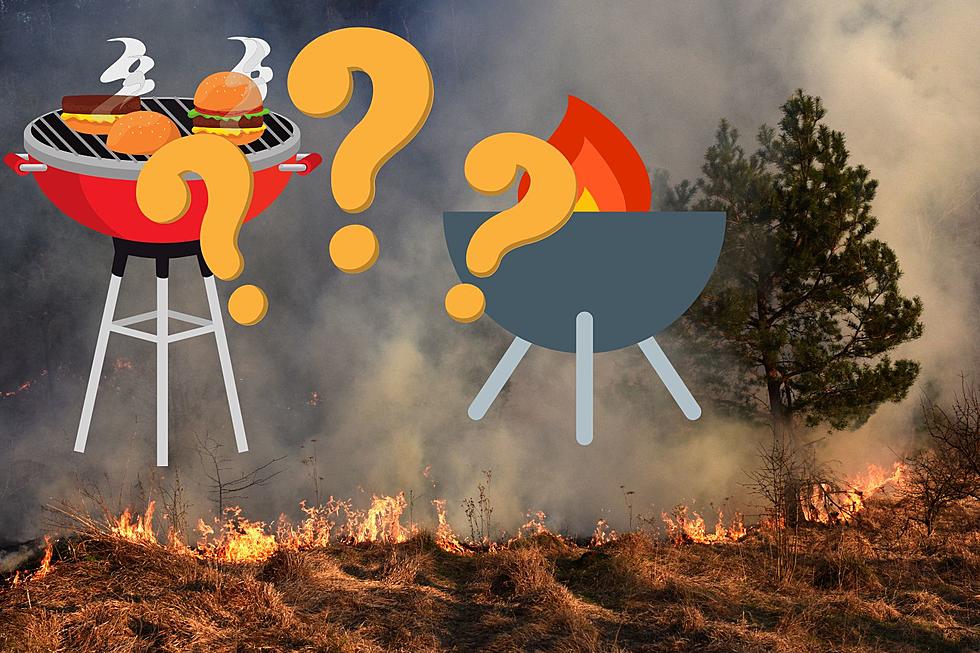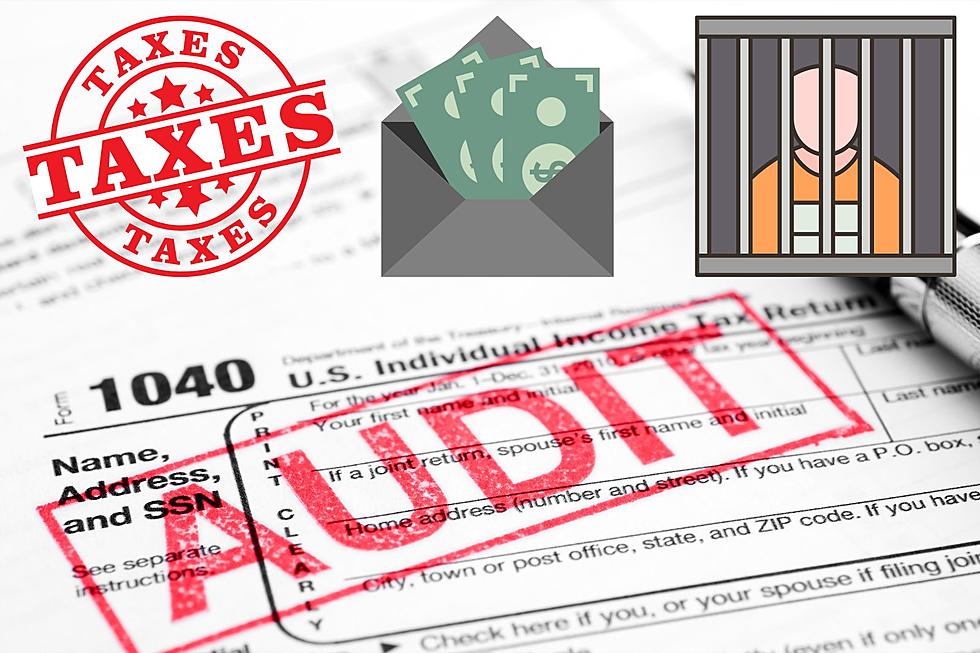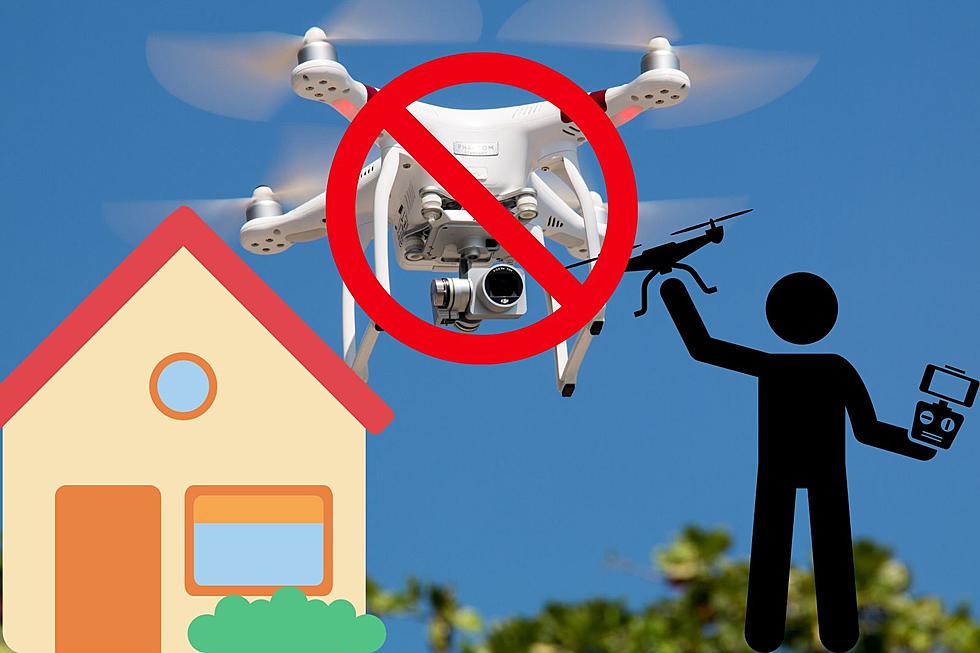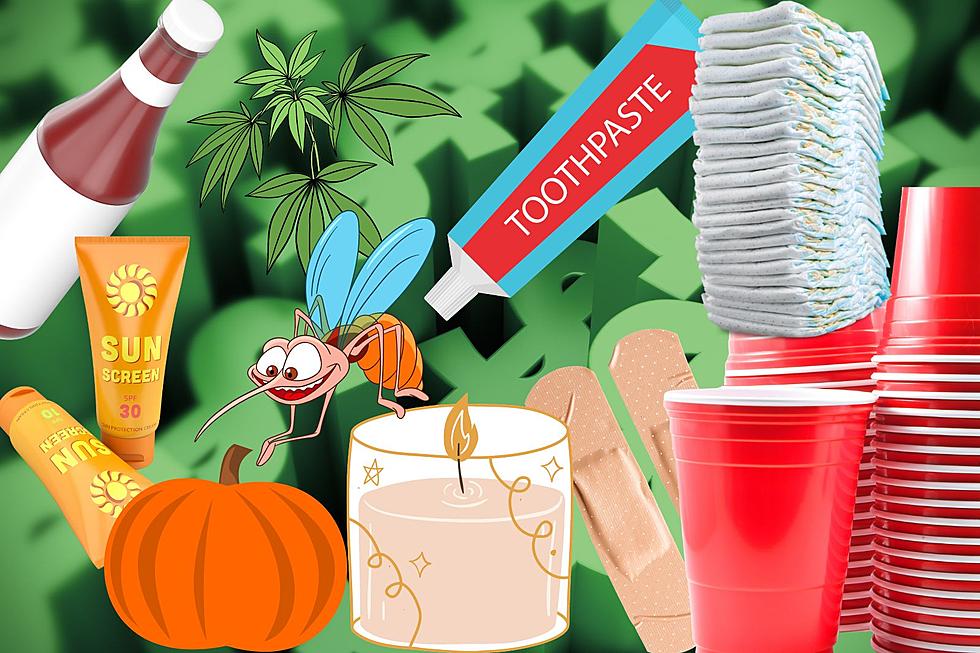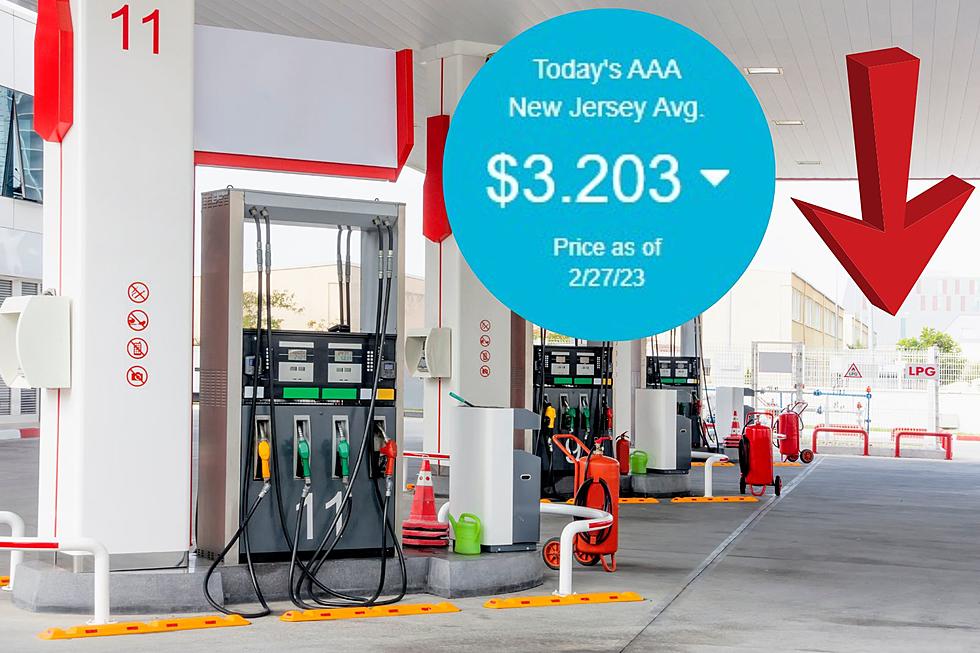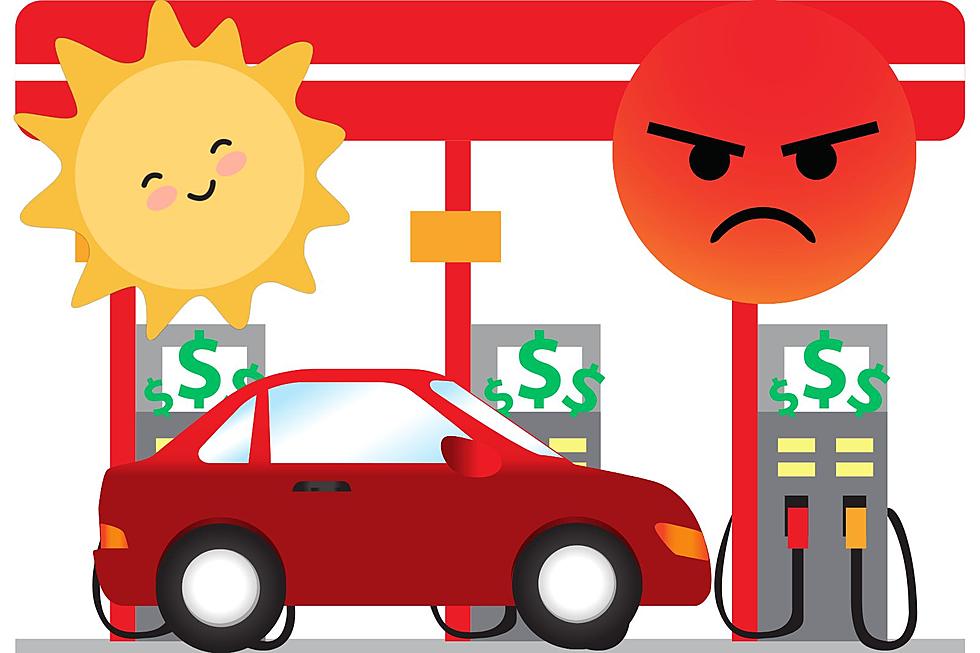
What is ‘Summer-blend gas,’ and why is it so expensive in NJ?
⛽ New Jersey gas stations are about to switch to Summer-blend gasoline
❔ Why do we do it?
💲 Why is it so expensive?
You have questions, I get you the answers.
A listener wrote recently and asked: “I heard you talking about ‘Summer-blend’ gasoline on the news. What is it, and why is it more expensive?”
We explore the differences and the reasons for a switch in gasoline blends in my latest “Asked and Answered” column.
So, there different blends of gasoline?
Yes.
There are typically two types of gasoline sold in the United States, Summer and Winter-blends.
Each formula is determined by regulations set by the U.S. Environmental Protection Agency as well as individual states.
The reasons for the different blends primarily have to do with controlling emissions.
What is Summer-blend gasoline?
According to GasBuddy.com: In the warmer months, gasoline has a greater chance of evaporating from your car’s fuel system.
This can produce additional smog and increased emissions.
Refiners reduce the chance of gas evaporation in your car during the summer by producing gasoline blends that have lower volatility.
Summer-blend gasoline is sold from June 1 - Sept. 15.
Let’s get technical
Ok, according to the U.S. Energy Information Administration:
A typical summer-grade gasoline is composed of fluid catalytic cracker gasoline, 40%; straight-run gasoline (directly from crude oil distillation), 25%; alkylate, 15%; reformate, 18%; and butane, 2%.
Winter-grade gasoline usually contains more butane, which has an octane rating slightly below premium gasoline (91-93 octane).
While butane is an economic component of gasoline, the high volatility of butane limits the amount of butane that can be used in summer-grade gasoline.
What is Winter-Blend gasoline?
In winter, gasoline blends are formulated to evaporate more easily.
This allows gasoline to ignite more easily so you can start your car in cold temperatures.
Winter-blend gasoline is sold from: Sept. 19 – May 31
When are the different gas blends sold in New Jersey?
Refineries typically begin producing their Summer blends in March, for delivery in May.
Gas stations have until June 1 to complete the changeover and sell only the Summer blends until at least mid-September.
Winter blends can be sold starting on September 16.
Is there a cost difference?
Oh, yes.
Summer blends are typically much more expensive to produce, and retailers are forced to pay more for it. Those costs are passed on to drivers.
In addition, the demand for gasoline also rises in the Summer, so that can add even more to the rise in pump prices.
Oil prices also play a major role in cost, so if oil prices remain low or drop, it can mitigate some of the Summer-blend price spikes.
According to the National Association for Convenience and Fuel Retailing, Summer-blend fuel “can add up to 15 cents per gallon to the cost of your fill-up. This excludes the increased cost due to summer fuel demand, which can vary between 5-15c/gal, depending on region.
More stringent requirements (like California) can mean an even higher cost.
Does New Jersey have “more stringent” fuel requirements?
Of course, we do.
But it used to be worse.
New Jersey requires what is known as Reformulated Gasoline (RFG). According to the EIA, all or parts of 13-states require the more costly RFG. California has the strictest requirements.
For years and due to rising carbon monoxide levels in the air surrounding New Jersey, in cooperation with the EPA, New Jersey started requiring a special oxygenated gasoline blend be sold in the winter months.
This special blend resulted in sharp spikes in prices in New Jersey at a time when much of the nation was seeing a decrease.
The DEP repealed the regulation in 1999, after proving carbon dioxide levels has dropped enough to be in compliance with the Clean Air Act.
What does this mean for my vehicle?
The summer blend gas is actually good for your vehicle, according to the experts at GasBuddy.com.
“Aside from any government regulation, gasoline's RVP must be limited to ensure that the fuel does not vaporize in the fuel system,” they note on their website, “If it does, the engine can stop running.”
What really makes up the cost of a gallon of gasoline?
Well, it’s not just oil.
While the cost of crude oil does make up more than half of the cost of a gallon of gas, there are other factors.
According to the American Petroleum Institute, refining costs can make up to 18% of the cost of a gallon of gas. That’s why reformulating gas blends for Summer and Winter can impact the cost significantly.
Distribution and marketing costs can make up another 11%.
And, of course, taxes. State and Federal taxes make up 12-14% of the cost of a gallon of gas.
There are other factors that can impact costs in the short-term. For example: If a hurricane or other emergency causes a refinery to shut down, supply pressures can drive costs upward.
LOOK: See how much gasoline cost the year you started driving
2023 Seaside Heights Polar Bear Plunge
Eric Scott is the senior political director and anchor for New Jersey 101.5. You can reach him at eric.scott@townsquaremedia.com
Click here to contact an editor about feedback or a correction for this story.
More From Rock 104.1

